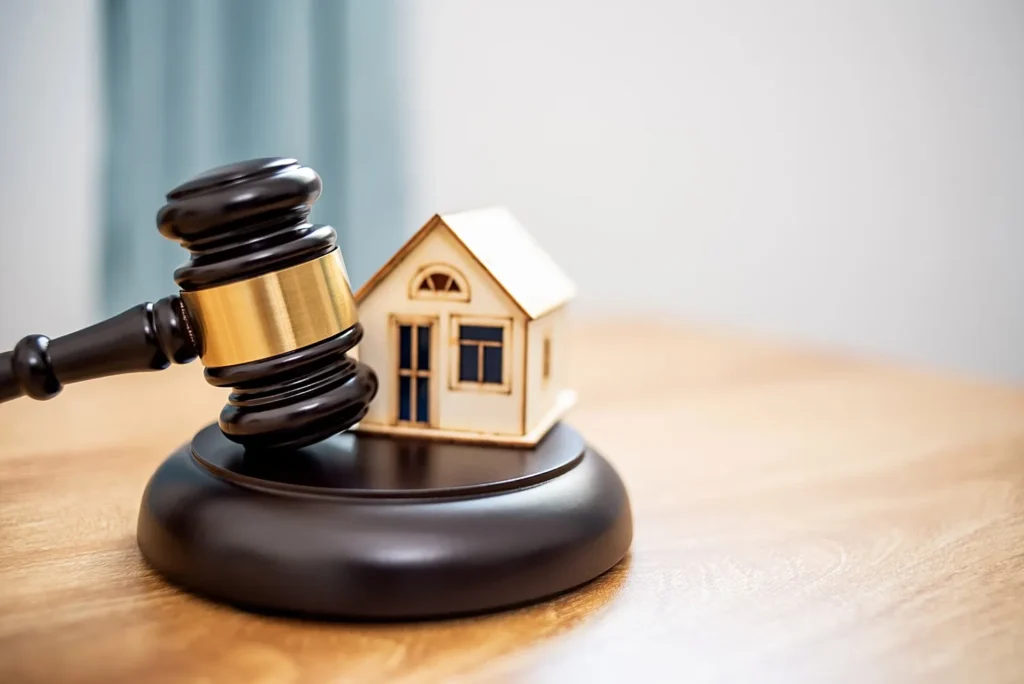Understanding the Texas Probate Process: A Step-by-Step Guide
The Texas probate process can seem daunting, but understanding each step can simplify the experience. Probate is the legal procedure through which a deceased person's estate is administered and distributed. This process ensures that debts are settled, and assets are transferred according to the deceased's wishes, as outlined in their will.
In Texas, the probate process typically begins with filing an application for probate in the appropriate court. This includes submitting the will, if one exists, and providing necessary documentation such as a death certificate. Once the court validates the will, an executor is appointed to manage the estate, which involves inventorying assets, paying debts, and ultimately distributing the remaining assets to the heirs.
Common Mistakes to Avoid in Texas Estate Planning
Estate planning is crucial for ensuring that your assets are distributed according to your wishes, but there are common pitfalls that individuals often encounter. One major mistake is failing to update estate planning documents after significant life events such as marriage, divorce, or the birth of a child. Neglecting to review and revise these documents can lead to unintended consequences.
Another common error is not considering tax implications in estate planning. Many individuals overlook strategies that can minimize estate taxes, which can significantly affect the amount heirs receive. Consulting with a knowledgeable estate planning attorney can help navigate these complexities and avoid costly mistakes.
The Role of an Executor in Texas Probate
The executor plays a vital role in the probate process, acting as the individual responsible for managing the deceased's estate. This includes tasks such as gathering assets, paying debts, and ensuring that the estate is distributed according to the will. Understanding the responsibilities of an executor is essential for anyone considering this role.
In Texas, the executor must adhere to specific legal requirements, including filing necessary documents with the court and maintaining accurate records of all transactions. Executors are also tasked with communicating with beneficiaries, which can sometimes lead to disputes if not handled delicately. Effective management and clear communication are key to fulfilling this role successfully.
Exploring Alternatives to Probate in Texas
Many individuals seek alternatives to the traditional probate process to save time and reduce costs. In Texas, several options exist that allow for the transfer of assets without going through probate. One popular alternative is the use of a living trust, which can hold assets during a person’s lifetime and distribute them upon their death without the need for probate.
Other alternatives include designating beneficiaries on accounts such as life insurance policies and retirement accounts, or utilizing joint ownership of property. These strategies can simplify the transfer of assets and provide a smoother experience for heirs, minimizing the legal complexities often associated with probate.









